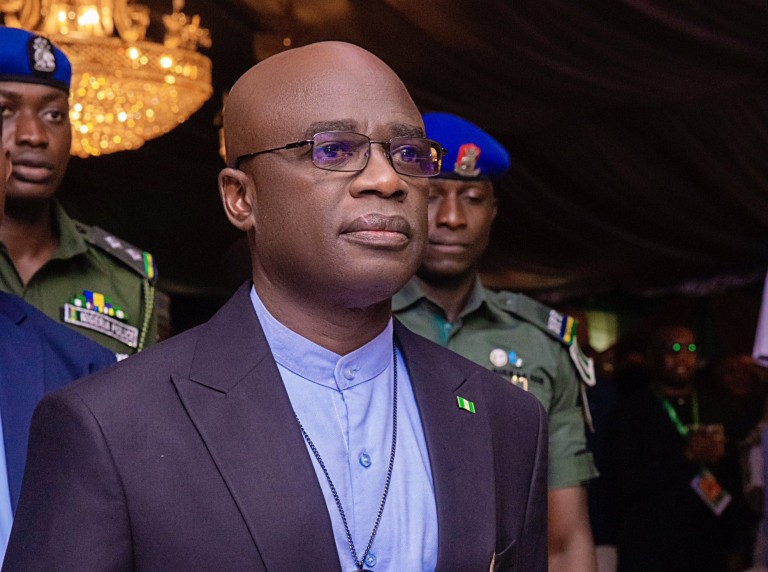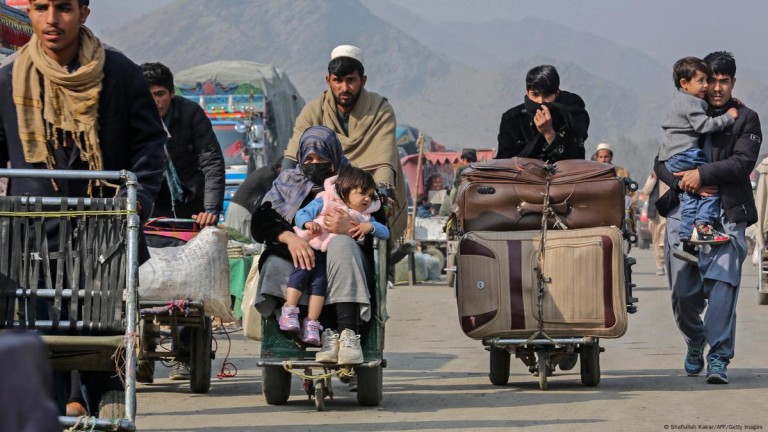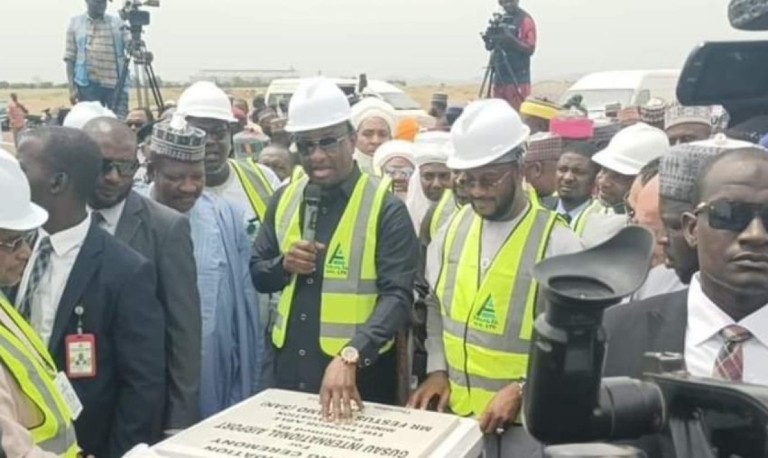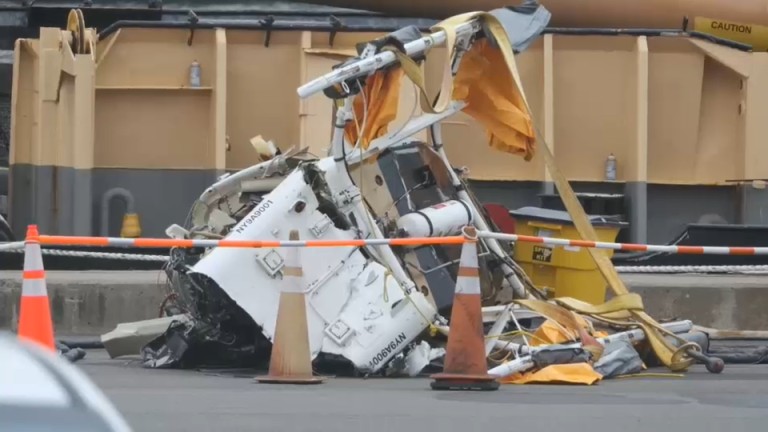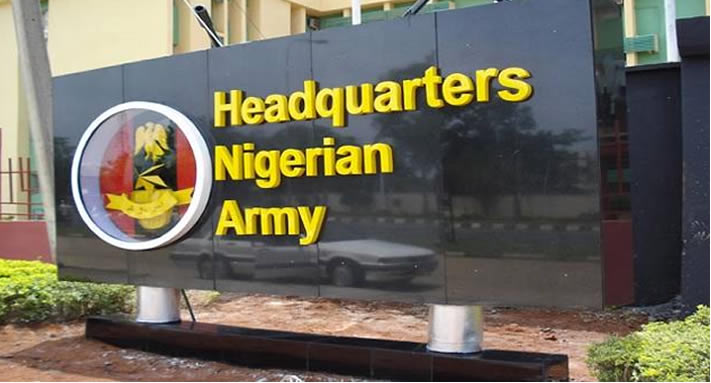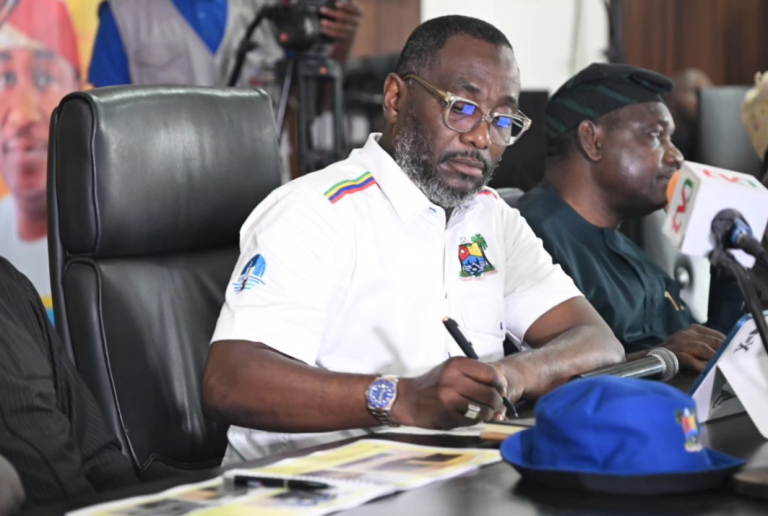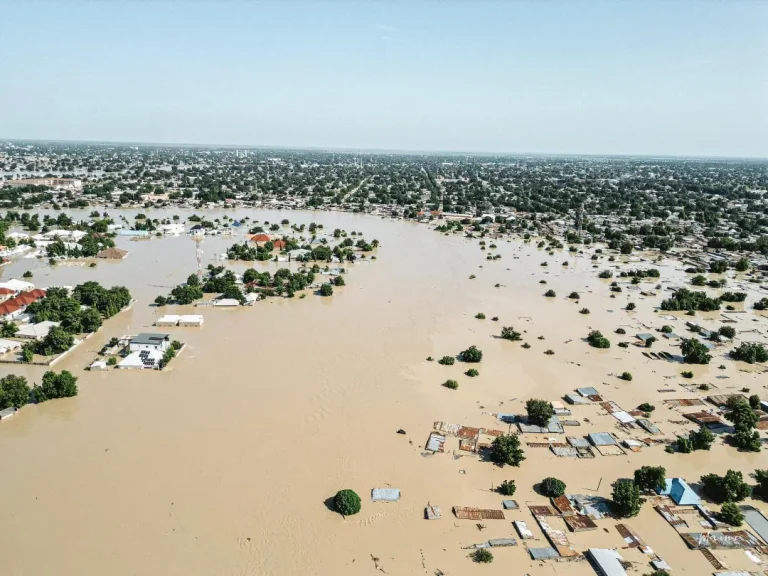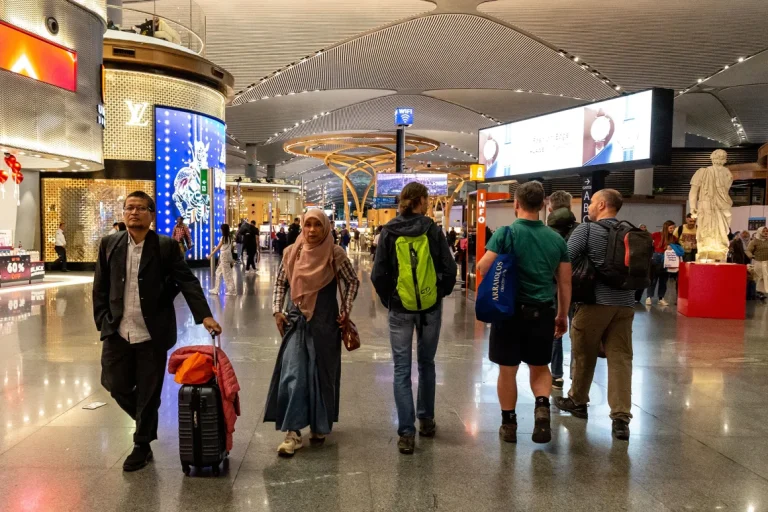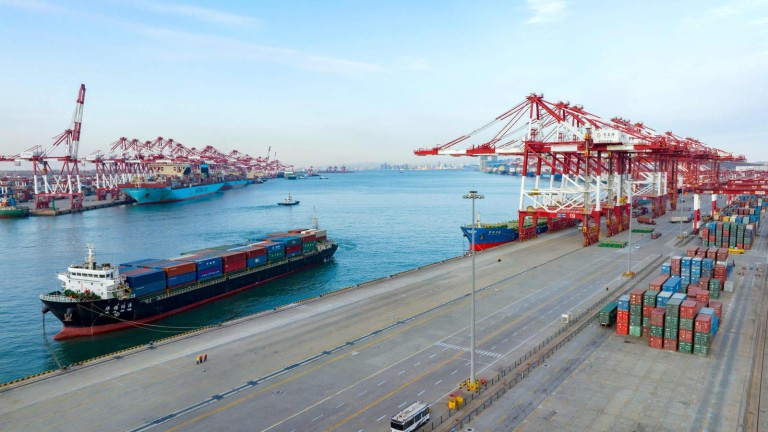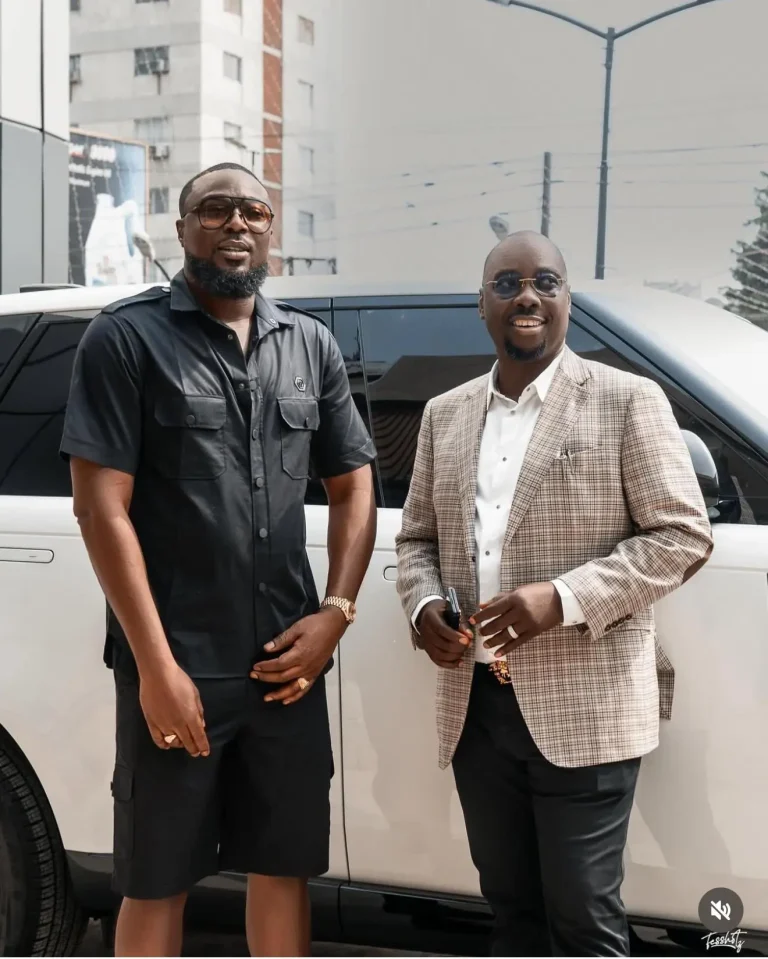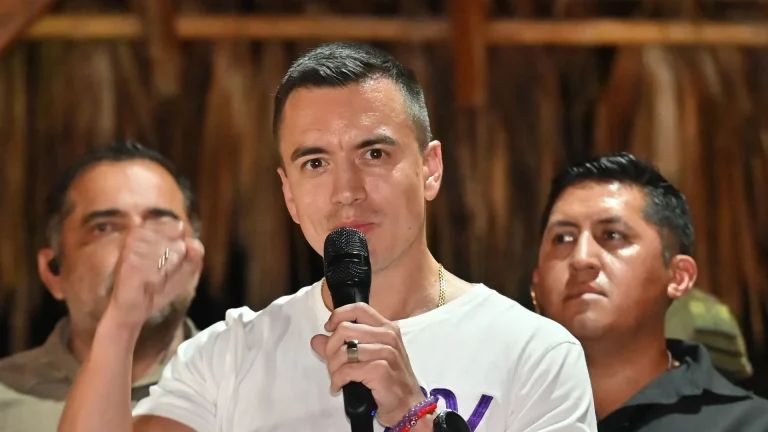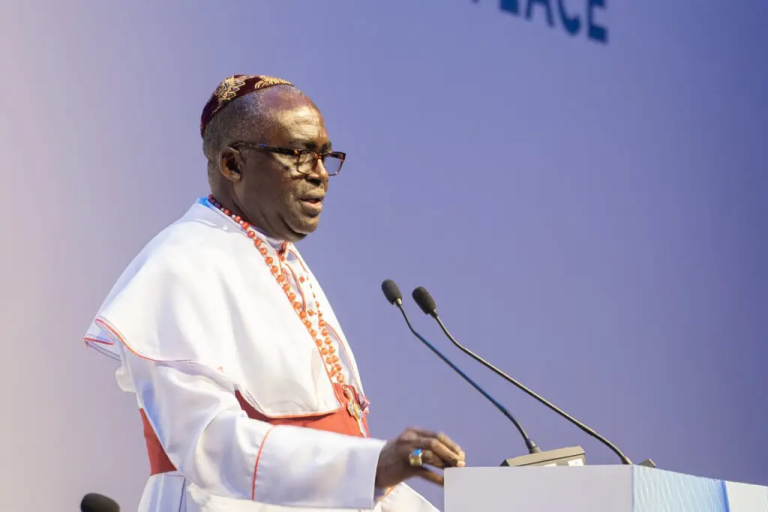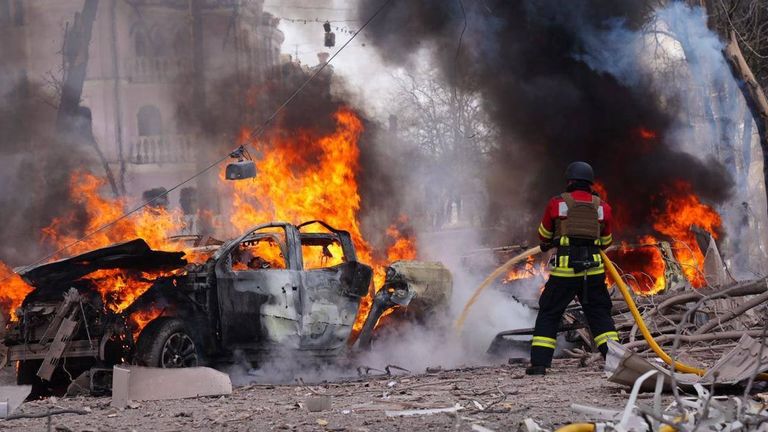2 mn readDaniel Noboa’s decisive win in Ecuador’s presidential run-off marks a pivotal moment—not just for him personally as the youngest elected president in the country’s history, but for a nation gripped by violence and political fragmentation.
Despite the close race forecasted by polls, Noboa pulled ahead with 56% of the vote, giving him a strong mandate to continue his hardline security agenda. His branding of this win as “historic” speaks to both the margin and the symbolism: a youthful, center-right leader pushing through amidst a climate of fear and distrust.
What stands out most is how security concerns defined the election. With Ecuador becoming the most violent country in the region, Noboa’s militarized approach—placing the army in the streets and building max-security prisons—appealed to many desperate for order. His call for foreign military involvement, even from countries like the US and in Europe, signals a bold (and potentially controversial) shift in Ecuador’s traditionally non-interventionist stance.
However, Noboa’s toughest challenges lie ahead. January’s horrific murder toll of over 780 people is a glaring reminder that his war on gangs, while forceful, has not yet delivered sustained results. If violence doesn’t decrease and the economy falters, his legitimacy could quickly erode, despite this strong electoral mandate.
Meanwhile, Luisa González’s rejection of the results—without offering evidence—threatens to further fracture Ecuador’s political landscape. Her connection to former President Rafael Correa energizes some voters but alienates others, especially given Correa’s corruption conviction and ongoing exile. The nostalgia vs. reform dynamic is strong here, and Noboa will need to navigate it carefully if he wants to unite the country.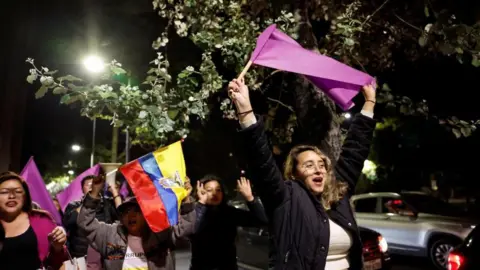
Economically, Noboa also has hurdles to clear. The energy crisis, largely due to overreliance on hydropower during a drought, damaged his popularity last year. His pivot toward renewables and diversification is wise but will require serious investment and time.
Plus, his 27% tariffs on Mexican imports and rollback of Venezuelan migrant protections reflect a more nationalistic, Trump-aligned shift in trade and immigration policy. These moves might appeal to some voters domestically but could risk straining international relationships unless well managed.
So, big win—but big stakes, too.
What’s your take—do you think Noboa’s hardline tactics will actually reduce violence in the long run, or is he risking militarizing the country without addressing deeper roots of crime like poverty and corruption?

